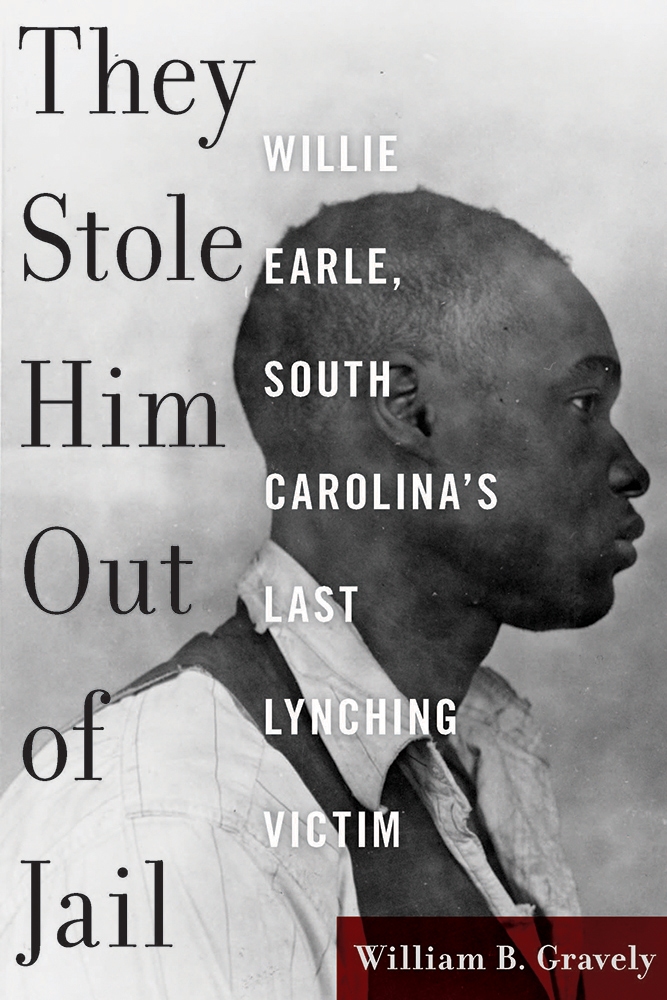Black History Month Sale: 40% off all books, plus FREE SHIPPING on all U.S. orders over $50 | Use code JBHM26

Size: 6 x 9
Pages: 336
Illustrations: 12 b&w halftones
William B. Gravely
The inclusion of this book in the Open Carolina collection is made possible by the generous funding of
"With arresting detail, this book documents a gruesome and haunting chapter in South Carolina's history. Willie Earle's tragic death in 1947 sparked intense scrutiny among citizens, journalists, white supremacists, and civil rights leaders. In a meticulously researched volume, Will Gravely offers a captivating assessment of Earle's brutal lynching and its impact in South Carolina and across the nation."—Bobby J. Donaldson, University of South Carolina
"Forty years in the making, this is the definitive study of one of the most important lynchings of the twentieth century. Gravely, an upstate South Carolina native with unprecedented access to people and sources, provides a thorough and provocative exploration of the background, events, and legacy of Willie Earle's death."—Bruce E. Baker, Newcastle University
"Will Gravely meticulously reconstructs the terrible, dramatic events of 1947 in painstaking detail. They Stole Him Out of Jail will remain the definitive study of South Carolina's last lynching and is a must-read for anyone seeking to understand the region's racial wounds."—Kari Frederickson, University of Alabama
"...should be a required textbook for any college course on Southern history. There would be no better book for understanding Southern culture and how we have struggled with humanitarian progress in law enforcement, religious understandings regarding integration and civil rights for all the different peoples of the South."—Pickens County Courier
"They Stole Him Out of Jail reminds readers that the history of lynching and racial violence in the United States is not a closed book, but an ever-relevant story, and that the historian's job is to continually engage with these legacies as they continue to be relevant."—Criminal Law and Criminal Justice Books
"They Stole Him Out of Jail is a welcome addition to the growing list of detailed case studies of individual lynching incidents that remain a disturbing blemish on the history of the American South, and, more broadly, the entire nation."—The Journal of American History
"This book is an important read not only because it covers a crucial part in South Carolina's racial history, but also because it is vital to learn how lynching was used as a brutal tool to keep white supremacy in power... In light of today's protests on police brutality and calls for criminal justice reform, this book serves as a stark reminder of how far we've come in our justice system in the treatment of black people and how much farther we still need to go."—South Carolina Libraries
"Gravely's work is an impressive and all-encompassing account of a painful episode in South Carolina's history."—The Journal of African American History
"Gravely's writing is engaging and lyrical... The reader will come away with a clearer understanding of how Jim Crow, judicial competition, white supremacy, and corruption prevented the enforcement of rights for African Americans against lynching in the South. This work ties local history in South Carolina to the national and regional racial movements of the time, making it important for both historians and interested casual readers."—Journal of Southern History
Copyright 2026
Website By Morweb.org